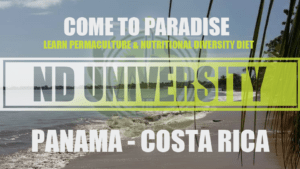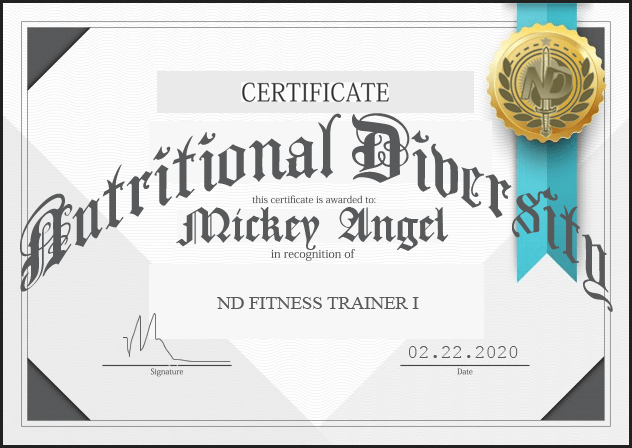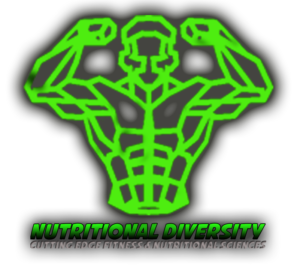Abstract
ALTERNATIVE AGRICULTURE BEST MOVE replacing Argentina’s CONICET with RESILIENCY
Recently the scientific institution CONICET met the chainsaw and the unhappiness made the front page of nature.com. Here is a perfect re-hire of scientists potential for a new agenda. Creating diverse agriculture models that put Argentina at the forefront of essential innovation that is highly prosperous, and answers some of the global problems of our…
-
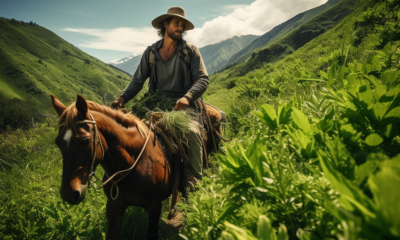
 Agriculture2 years ago
Agriculture2 years agoWhy Small Alternative Tropical Agriculture is the Best Investment Today
-

 Special Elements5 years ago
Special Elements5 years agoBest Garlic Vine Rankings, Benefits, Side Effects & Experience
-

 Special Elements3 years ago
Special Elements3 years agoBest Pre-Workout Supplement Rankings, Benefits, Side Effects & Experience
-
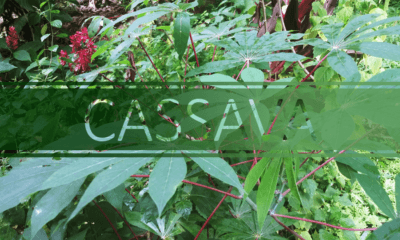
 Special Elements3 years ago
Special Elements3 years agoBest Cassava Manioc, Rankings, Benefits, Cancer Cure & Experience
-
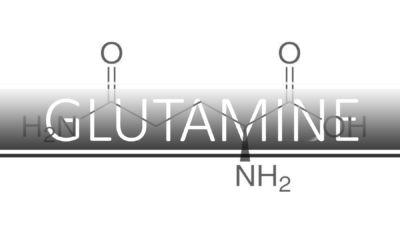
 Special Elements3 years ago
Special Elements3 years agoBest Glutamine Rankings, Benefits, Side Effects & Experience
-
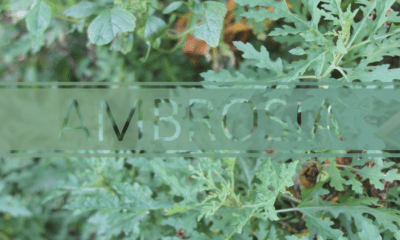
 Special Elements5 years ago
Special Elements5 years agoBest Ambrosia, Wormwood Rankings, Benefits, Side Effects & Experience
-
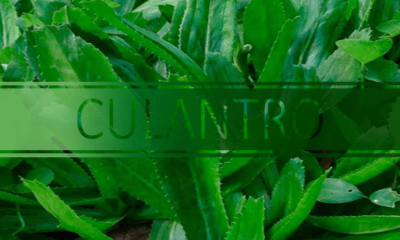
 Special Elements5 years ago
Special Elements5 years agoBest Culantro Rankings, Benefits, Side Effects & Experience
-
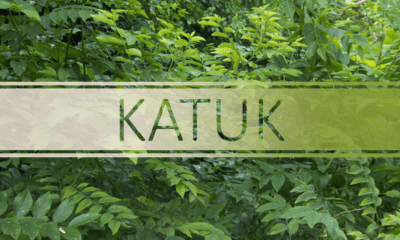
 Special Elements3 years ago
Special Elements3 years agoBest Katuk Rankings, Benefits, Side Effects & Experience


